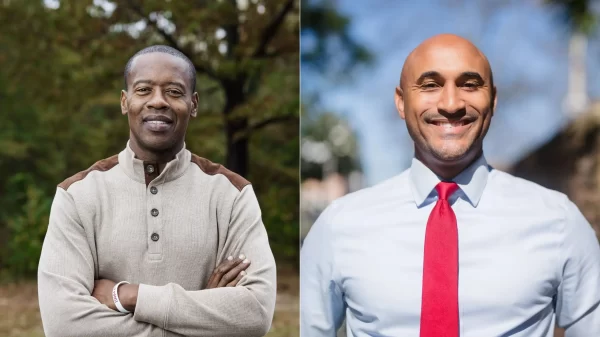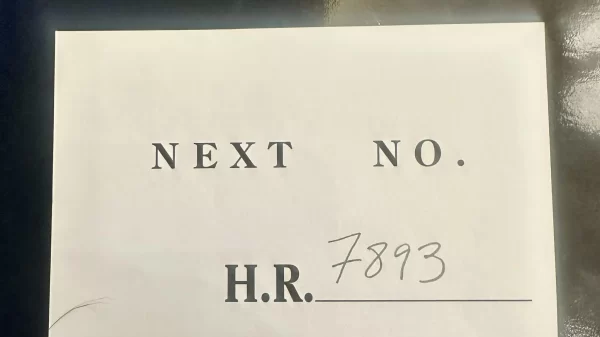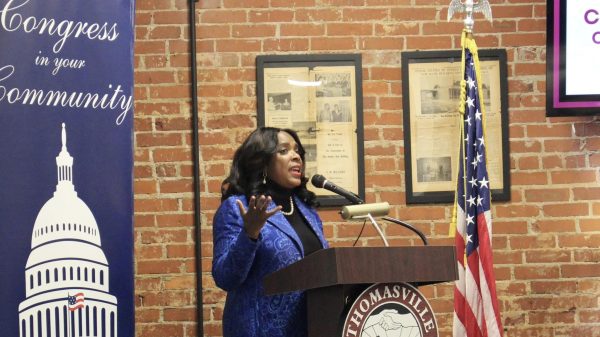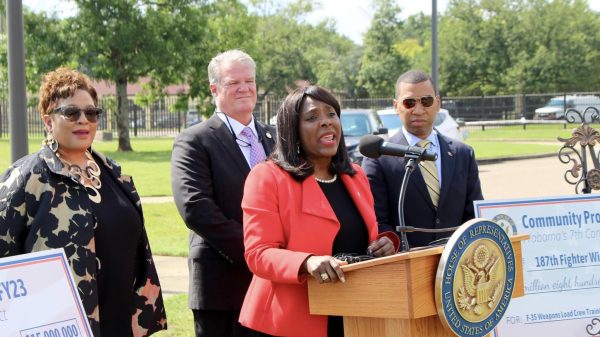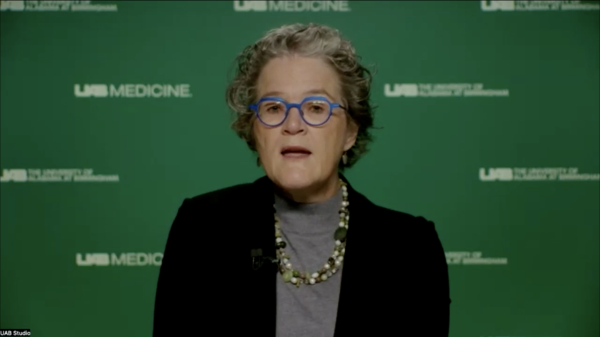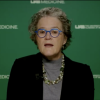By Brandon Moseley
Alabama Political Reporter
The State Senate Health Committee narrowly approved a bill establishing a pilot program to provide intravenous drug users with free needles and syringes in an effort to limit the spread of hepatitis and prevent an outbreak of HIV among the growing drug user community.
Senate Bill 169 was sponsored by Senator Bobby Singleton, D-Greensboro.
The pilot program would be administered by the Department of Public Health and local health authorities. SB169 would also offer some limited criminal immunity to participants in the program.
Senator Jim McClendon, R-Springville, is the chairman of the Senate Health Committee. He said that this bill is a product of the Opioid Commission that has been meeting to deal with the opioid crisis.
Singleton said that part of the motivation of this bill is to prevent associated infectious disease.
Dr. James W. Galbraith Jr. who works at the University of Alabama at Birmingham spoke on behalf of the bill.
Galbraith said that he has been on the frontlines of the state’s opioid crisis working at UAB’s emergency room. Galbraith said that communities with high rates of intravenous drug users have a. high risk of HIV and hepatitis C. North Jefferson, Walker, Winston, and Franklin Counties have very high rates of intravenous drug users. In Scott County Indiana over 200 people became infected with HIV through intravenous drug use. Those 200 hiv individuals will cost $250 million for 20 years
“We have an ongoing Hepatitis C epidemic in this state mainly in Jefferson and Walker Counties stretching up to Appalachia,” Galbraith said. This service can refer users to rehab, help prevent overdoses, protect police officers from accidental needle stabbings, and can provide mental health guidance.
State Sen. Larry Stutts, R-Sheffield, asked, “Do you have any data on how much this decreases drug use?”
Dr. Galbraith said that worldwide it decreased it on average 56 percent. Data indicates that up to 80 percent are ultimately referred to rehab services.
Stutts asked, “How many of those are drug free a year later?”
Dr. Galbraith said, “We do not have that data.”
Stutts asked how this would protect law enforcement officers.
Galbraith said that participants are more likely to disclose that they have a needle because having a needle in one of our programs would prevent them from being prosecuted.
McClendon said that participants in the program, “Have an ID card on them and that gives them some immunity. They are not going to be prosecuted for possession of drug paraphernalia.”
Dr. Galbraith said that an officer is more likely to get stuck having to search the drug user who is trying to hide that he has a needle.
“We got a bad problem in our community,” Sen. Greg Reed, R-Jasper, said. “I have talked with the health community and law enforcement about this and there are a lot of issues related to drug abuse.” I have looked at the option of committing person to treatment; but we do not have any locked facilities. Reed said that he had concerns that this could be perceived as encouragement to drug use.
Galbraith said that needle sharing services do not lead more people to try drugs.
Reed said, “I am willing to be open to anything but I need to know more.”
McClendon said, “This is not the only thing that came out of that opioid commission there are other recommendations.”
Stutts is also a career medical doctor.
“I am very aware of the problems,” Stutts said. “When I started my practice 25 years ago delivering babies there was about one woman a year who came in to have birth with a positive drug screening, now it is about one a week.”
“I have a fundamental problem with furnishing supplies for illegal drug activity,” Sen. Stutts said.
The motion passed to pass SB169 out of committee with a favorable report; but the committee was bitterly divided.


